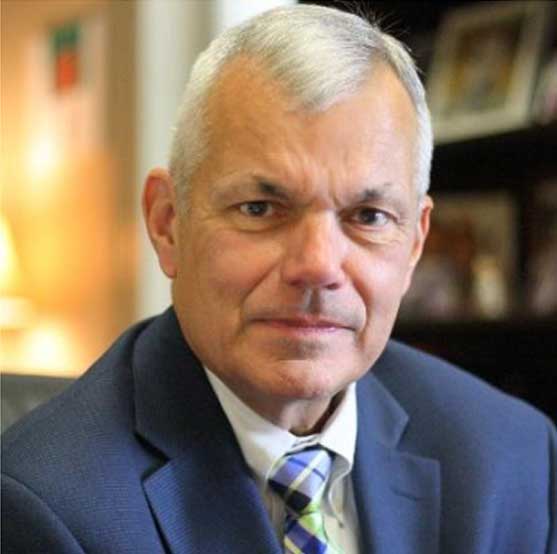When it comes to community health, Massachusetts community health centers (CHCs) are leading the way with their patient-centered approach and strong community partnerships. By focusing on each patient's needs, preferences, and values, our CHC network influences healthcare in their communities. The network's collaborative efforts with other organizations and community resources are demonstrating their impact, ultimately improving the health and well-being of the community.
At the Massachusetts League of Community Health Centers (MLCHC), we advocate for policies that protect and advance patients' rights, including but not limited to strongly advocating for health equity. We value community health centers, which serve as primary care providers for many underserved populations. We understand that a patient-centered approach is the cornerstone of community health centers' mission. It places individuals at the forefront and involves them in their healthcare decisions, leading to improved health outcomes because the care is tailored to meet each patient's unique needs, but it's not just about the patients. The success of CHCs also hinges on their community partnerships. By collaborating with other healthcare organizations, social services, and community resources, CHCs adopt a holistic approach to healthcare, inspiring others with the power of collaboration.
Among many in Massachusetts, Bowdoin Street Health Center and South Boston Community Health Center (SBCHC) exemplify patient-centered healthcare institutions that thrive on collaborative community partnerships.
"At Bowdoin Street Health Center, we believe in the power of community. Our wellness center programs, which focus on the whole person's health, speak to how much we want our patients to be well" says Samantha Taylor, MHA, Executive Director of Bowdoin Street Health Center. "We provide food vouchers, fitness and cooking classes, community gardening, and youth programming-all of which are made possible by the support and participation of our community. Over the past year, we have provided our patients with nearly $23,000 in food vouchers, directly resulting from our community's involvement and commitment to health. We are grateful for our partnership with local organizations, such as the Dorchester Food Co-Op, Our Daily Table, About Fresh, America's Food Basket, The Trustees of Reservations, and others who, like us, are dedicated to making the Bowdoin-Geneva neighborhood a more vibrant and healthy community."
"Community partnerships are crucial for us to make a positive impact on the health of our patients. From our collaboration with our local elected officials, to our work with neighborhood organizations, and our relationships with other major institutions, these partnerships ensure that our patients receive the wrap around care they need" says Bill Halpin, CEO of South Boston Community Health Center (SBCHC). "By linking patients to the necessary resources and coordinating care with other institutions we can address social, economic and environmental factors influencing health and provide holistic care that goes beyond traditional medical treatment."
South Boston Community Health Center practices this model of care throughout the health center. Community Health workers connect patients to available resources including job training, in addition to food and housing assistance. The Youth Ambassador Program, a youth substance abuse prevention model, partners with other local youth organizations to provide training, youth employment, community leadership opportunities, and educational enrichment.
The SBCHC Food Pantry partners with the Greater Boston Food Bank to provide healthy, nutritious food for hungry families. Partnerships with educational organizations like Northeastern University provide co-op opportunities for students interested in community healthcare. "Perhaps the deepest and most enduring partnership is with Boston Medical Center" says Halpin. "BMC has been our steadfast partner in ensuring that our patients receive continuous, effective, and convenient care."














